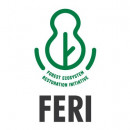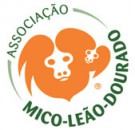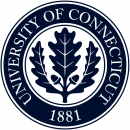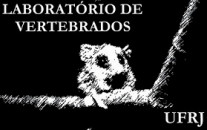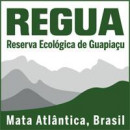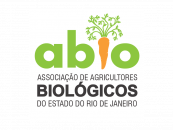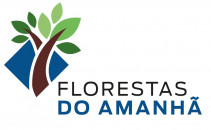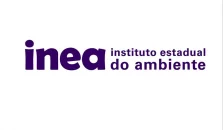Biodiversity Conservation
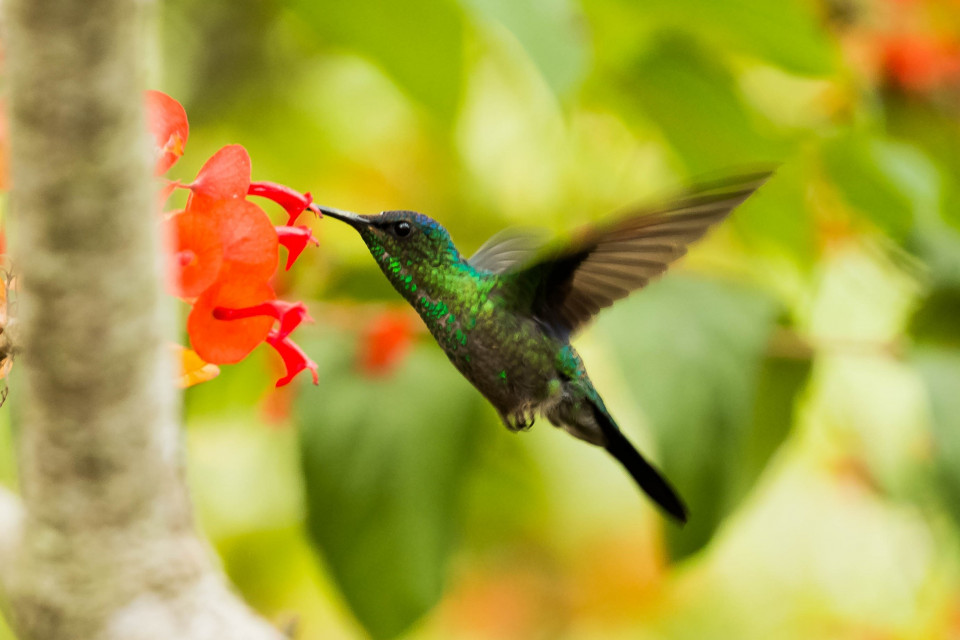
The conservation of biodiversity is essential to guarantee the diversity of living organisms, including terrestrial and aquatic ecosystems.
Such organisms are the guardians of services that nature provides to human beings, such as: clean water, abundant and healthy food, a stable climate and even culture, among others.
IIS works on projects that aim to guarantee the maintenance of biodiversity in Brazil, considering challenges such as unsustainable agriculture, unsustainable management of native vegetation, illegal hunting and the spread of invasive alien species.
The project “GEF Private Areas: Conserving Biodiversity and Rural Landscapes” is an example of how we work on key issues, involving precarious knowledge about the conservation value of private areas, low institutional capacity, inadequate governance, and perverse subsidies. By developing these fronts, we seek to achieve sustainable landscape management, biodiversity conservation and the provision of ecosystem services in these areas.
Related Content
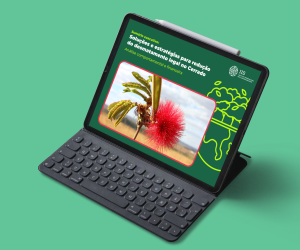
Executive Summary: Solutions and Strategies for Reducing Legal Deforestation in the Cerrado
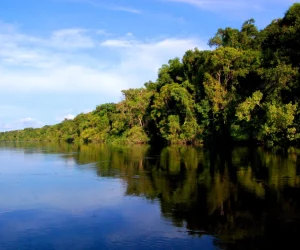
Restoring Landscapes in the Amazon and the Atlantic Forest
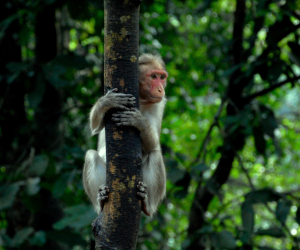
Metrics for Net Biodiversity Gain in Terrestrial Ecosystems
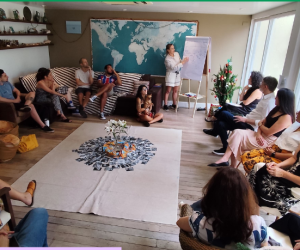
07.01.25
IIS completes 15 years of history, impact and achievements!
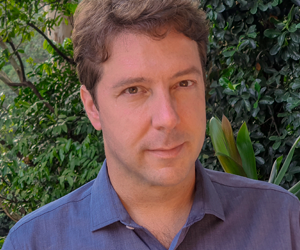
07.01.25
For the third consecutive year, Bernardo Strassburg is elected one of the most influential researchers in the world
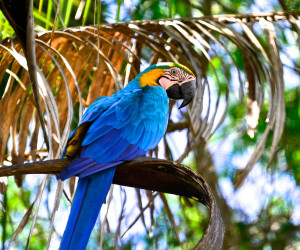
Biodiversity credits: a promising financial solution for sustainable and deforestation-free agriculture
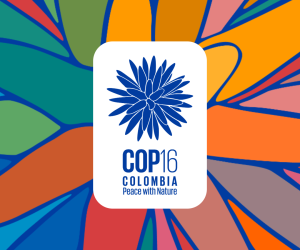
18.10.24
IIS participates in the COP 16 on Biodiversity in Cali, Colombi
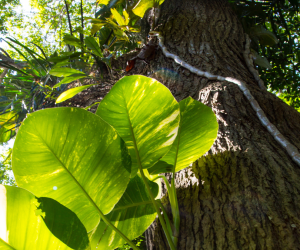
Boosting Assisted Natural Regeneration: Solutions for Mato Grosso and Pará
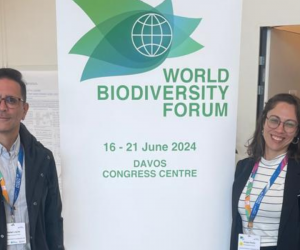
08.07.24
IIS representatives present results at the World Biodiversity Forum (WBF) 2024
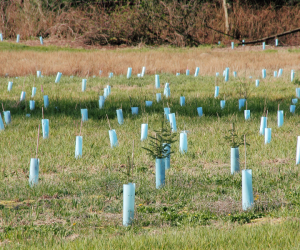
What are Nature-Based Solutions (NbS) and what are their benefits?
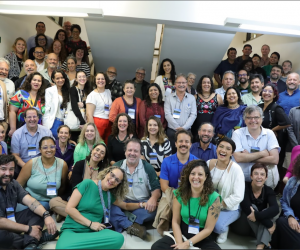
25.06.24
Debates are advancing towards the construction of a public policy that recognises the results of biodiversity conservation efforts in Brazil
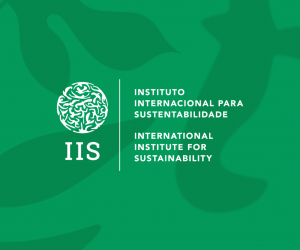
New Brand Positioning and Blog Launch
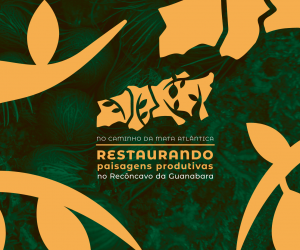
The Atlantic Forest Trail: Restoring Productive Landscapes in the Guanabara Reconcave
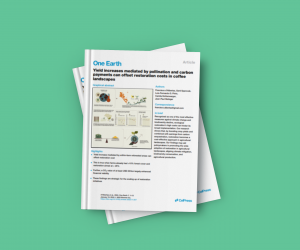
Yield increases mediated by pollination and carbon payments can offset restoration costs in coffee landscapes
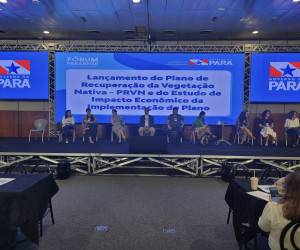
21.12.23
Now it’s law: Pará must restore vegetation on 5.6 million hectares
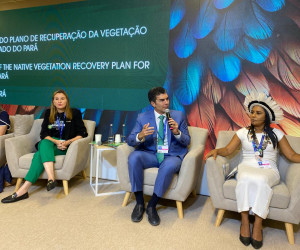
20.12.23
During COP 28, Pará launches a plan co-led by IIS to restore the Amazon
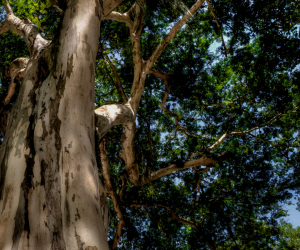
20.12.23
How do the conservation and restoration of ecosystems contribute to the climate agenda?

20.12.23
What are NbS and what are their contributions to mitigation and adaptation in the face of climate change?

Overlooking vegetation loss outside forests imperils the Brazilian Cerrado and other non-forest biomes
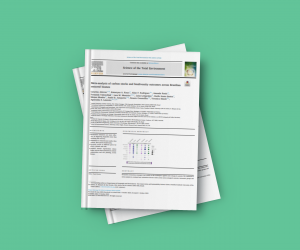
Meta-analysis of carbon stocks and biodiversity outcomes across Brazilian restored biomes
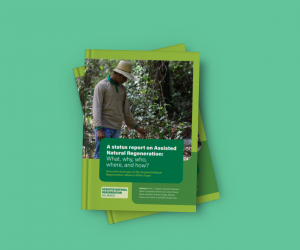
A status report on Assisted Natural Regeneration: What, why, who, where, and how?
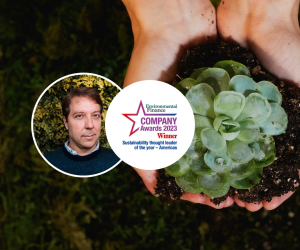
20.09.23
Bernardo Strassburg, president of IIS, has been elected as the “Sustainability Leader of the Year for 2023”
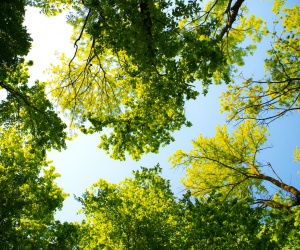
Framework to guide the mitigation of natural disasters through Nature-based Solutions
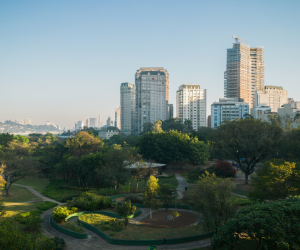
15.09.23
IIS is one of the winners of the “Biodiversity and Ecosystem Services Scenario Modelling Challenge”
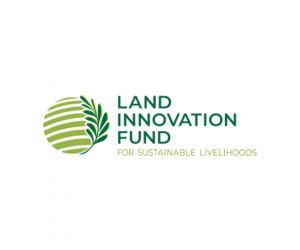
09.08.23
ACHIEVING AGRICULTURAL SUSTAINABILITY IN MATOPIBA

Executive summary: Mental maps of rural producers on land use change in MATOPIBA
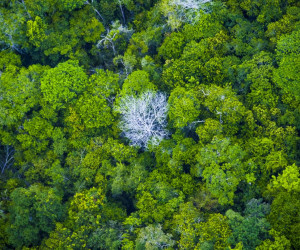
State Plan for the Recovery of Native Vegetation in the State of Pará (PRVN)

13.04.23
Video: PLANGEA Web International Launch
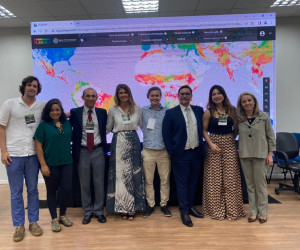
13.03.23
IIS launches online platform with priority areas for ecosystems conservation and restoration around the world
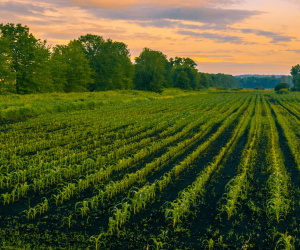
Carbon Market for small and medium-sized Brazilian rural properties
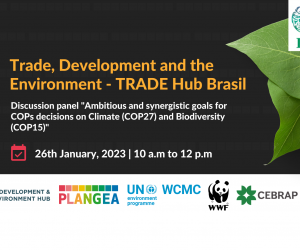
17.01.23
Video: discussion panel “Ambitious and synergistic goals for COPs decisions on Climate (COP27) and Biodiversity (COP15)”
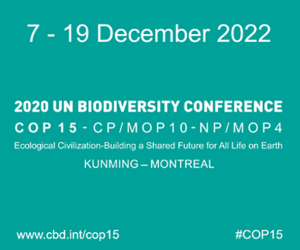
06.01.23
IIS contributes to different targets of the Post-2020 Global Biodiversity Framework (Post-2020 GBF)
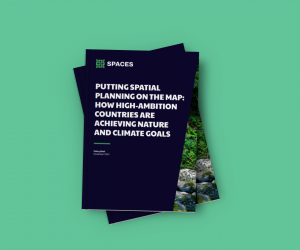
Putting spatial planning on the map: how high-ambition countries are achieving nature and climate goals
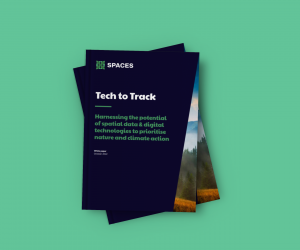
Tech to Track: Harnessing the potential of spatial data & digital technologies to prioritise nature and climate action

27.10.22
Wildlife populations face fast decline in Latin America
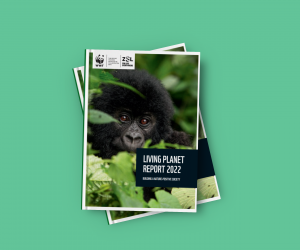
Living Planet Report 2022: building a nature-positive society
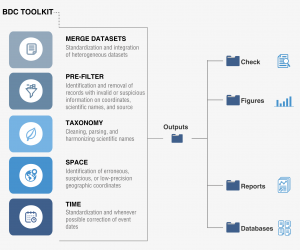
07.10.22
Tool cocreated by IIS executive director wins Ebbe Nielsen Challenge Award
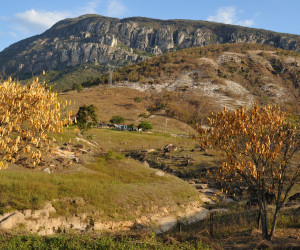
Assessment of species conservation status and spatial priorities for conservation and restoration in the Rio Doce basin

IIS-re.green partnership to restore at least 1 million hectares of forests

SPACES: spatial intelligence for climate and nature
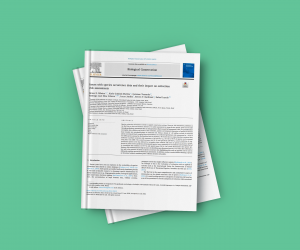
Issues with species occurrence data and their impact on extinction risk assessments
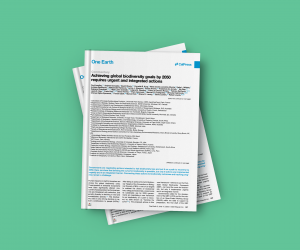
Achieving global biodiversity goals by 2050 requires urgent and integrated actions
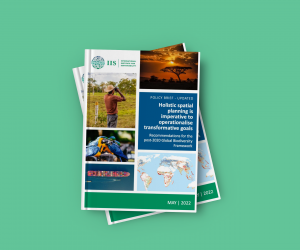
Holistic spatial planning is imperative to operationalise transformative goals: recommendations for the post-2020 Global Biodiversity Framework
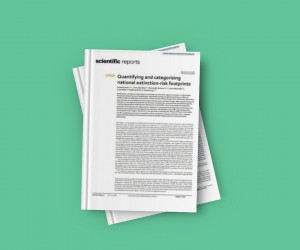
Quantifying and categorising national extinction-risk footprints
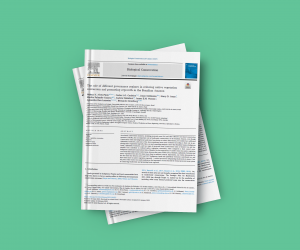
The role of different governance regimes in reducing native vegetation conversion and promoting regrowth in the Brazilian Amazon
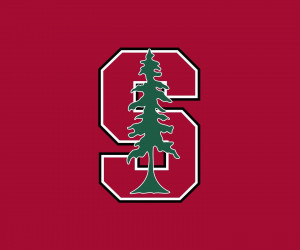
04.02.22
Bernardo Strassburg, Executive Director of IIS, listed as one of the best scientists in the world by Stanford University and Elsevier
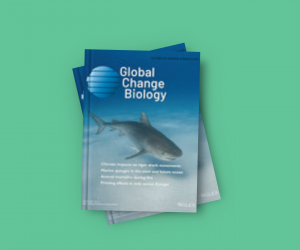
How do we best synergize climate mitigation actions to co-benefit biodiversity?
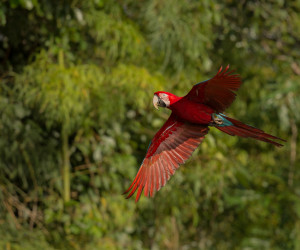
Feasibility analysis of compensation scenarios for residual impacts on biodiversity at Norsk Hydro’s bauxite mine in Paragominas – PA
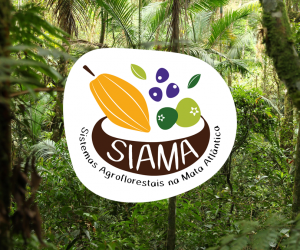
Agroforestry Systems in the Atlantic Forest (SiAMA)
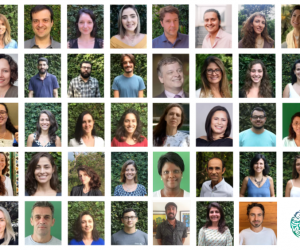
21.12.21
What have we learned in 2021? – IIS Retrospective
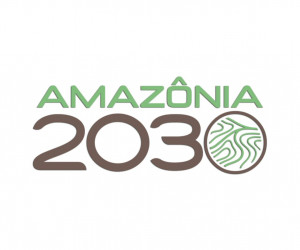
Amazon 2030
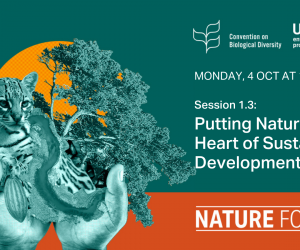
05.10.21
IIS is a #UNBiodiversityLab 2.0 data provider
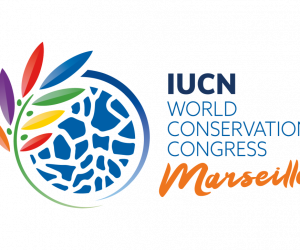
09.09.21
IIS at the IUCN World Conservation Congress
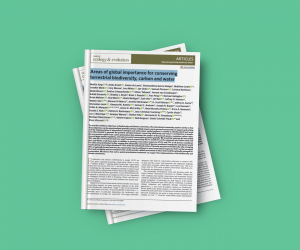
Areas of global importance for conserving terrestrial biodiversity, carbon and water
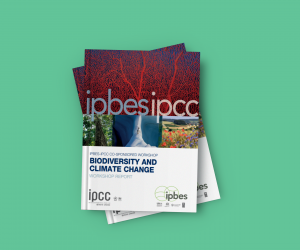
IPBES-IPCC co-sponsored workshop report on biodiversity and climate change
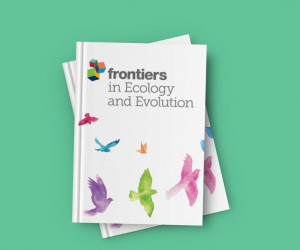
Mapping the Research Landscape on Poaching: A Decadal Systematic Review
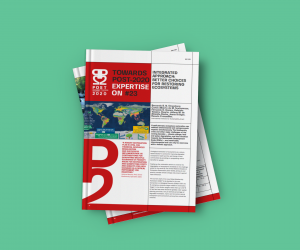
Expertise on #23 – Integrated approach: better choices for restoring ecosystems
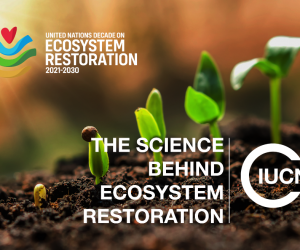
28.05.21
World Environment Day and the launch of the Decade of Ecosystem Restoration

Political, social, and economic research of soil ecosystem services to support smallholders while restoring Brazilian Atlantic Forest

Conservation Letters: Setting robust biodiversity goals

Biological Conservation: Nominally protected buffer zones around tropical protected areas are as highly degraded as the wider unprotected countryside

Perspectives in Ecology and Conservation: Opportunities and challenges of OECMs for biodiversity conservation
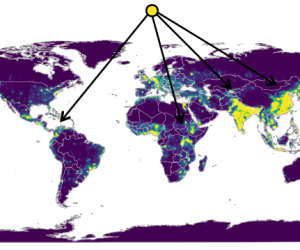
24.03.21
Rising deforestation puts amazon at risk of becoming virus hotspot

Could a future pandemic come from the Amazon?

Frontiers in Ecology and Evolution: Local Perception in Forest Landscape Restoration Planning: A Case Study From the Brazilian Atlantic Forest
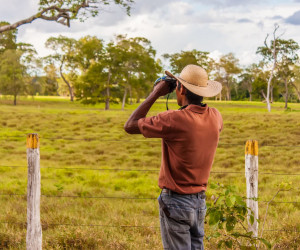
05.03.21
Workshop on agricultural commodities production and trade scenarios outcomes on land use change and biodiversity in Brazil
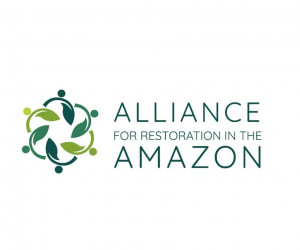
01.03.21
IIS is member of the Alliance for the Restoration of the Amazon

26.02.21
Which landscapes should we restore first?
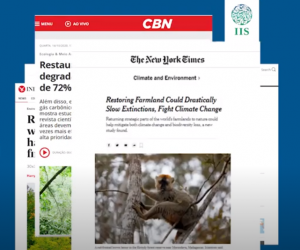
09.02.21
2020 in retrospective

Sustainability: Perception-Based Study on the Value of Nature to People and Land Sparing for Nature in Brazil and Poland

Science: Set ambitious goals for biodiversity and sustainability

14.10.20
Bernardo Strassburg interview about the study “Global priority areas for ecosystem restoration”

Nature: Global priority areas for ecosystem restoration
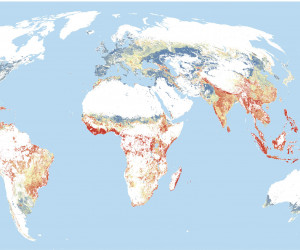
14.10.20
Restoring 30% of the world’s ecosystems in priority areas could stave off more than 70% of projected extinctions and absorb nearly half of the carbon built up in the atmosphere since the Industrial Revolution

Nature: Area-based conservation in the twenty-first century
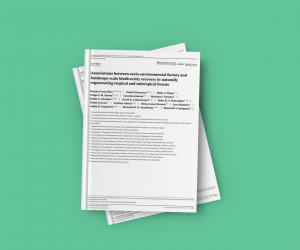
Conservation Letters: Associations between socio-environmental factors and landscape-scale biodiversity recovery in naturally regenerating tropical and subtropical forests
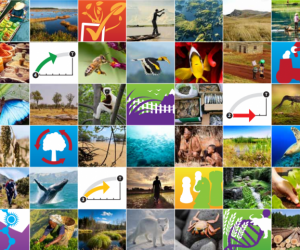
18.09.20
Humanity at a crossroads, says UN Global Biodiversity Outlook 5

Nature: Bending the curve of terrestrial biodiversity needs an integrated strategy
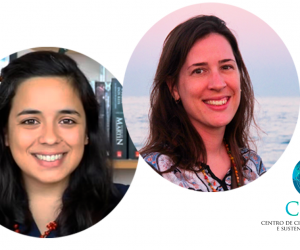
04.09.20
CSRio Seminar – Biodiversity management and ecosystem services in rural landscapes: a socioecological approach
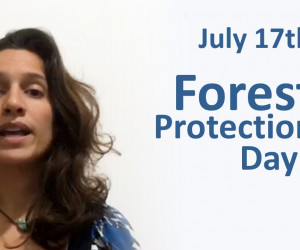
17.07.20
Forest Protection Day
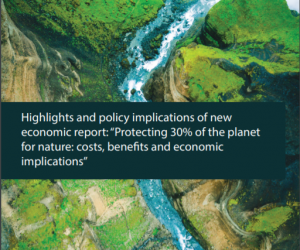
09.07.20
Economic Benefits of Protecting 30% of Planet’s Land and Ocean Outweigh the Costs at Least 5-to-1
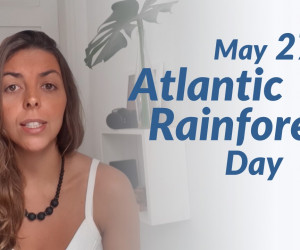
27.05.20
Importance and benefits of conserving Atlantic Forest
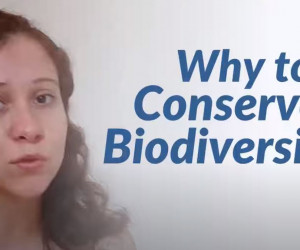
22.05.20
Why to Conserve Biodiversity
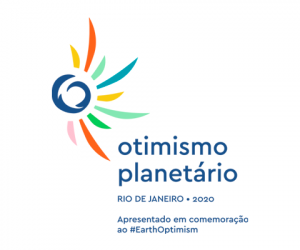
22.04.20
#EarthOptimism movement

GEF Terrestrial – Conservation, Restoration and Sustainable Management Strategies to Enhance Caatinga, Pampa and Pantanal Biodiversity
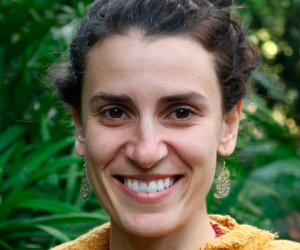
09.04.20
CSRio Seminar: “Beyond Protected Areas: the role of other areas for the conservation of biodiversity”
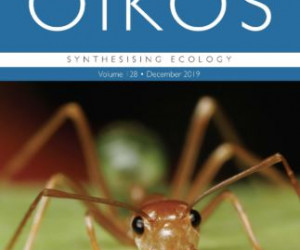
Biodiversity-mediated effects on ecosystem functioning depend on the type and intensity of environmental disturbances
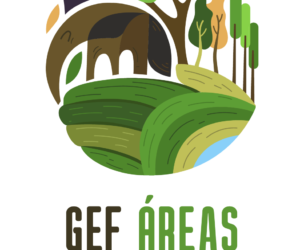
27.01.20
Workshop “The Value of Biodiversity Conservation in Private Areas”
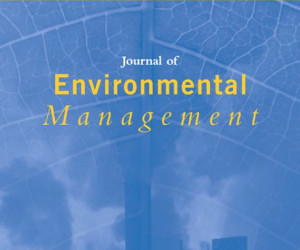
The importance of Legal Reserves for protecting the Pantanal biome and preventing agricultural losses
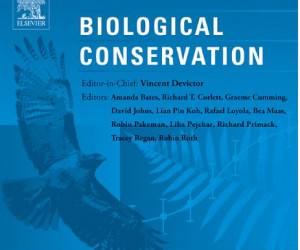
Indirect effects of habitat loss via habitat fragmentation: A cross-taxa analysis of forest-dependent species
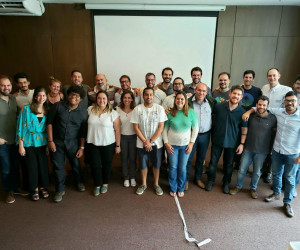
06.12.19
Ten Years of The Atlantic Forest Restoration Pact (PACTO)
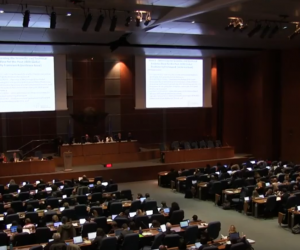
25.11.19
IIS at the UN Biodiversity Convention´s SBSTTA-23
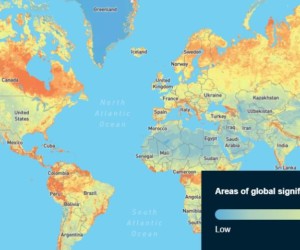
NatureMap: Priority areas for conservation and restoration of natural systems
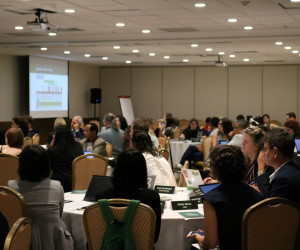
07.11.19
“Living in harmony with Nature” – second day of the Thematic Consultation on Ecosystem Restoration discusses how to achieve the 2050 Vision
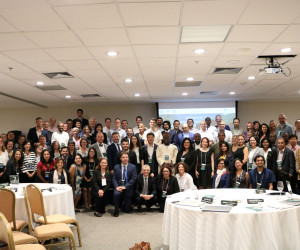
07.11.19
The first day of the Thematic Consultation on Ecosystem Restoration of the Convention on Biological Diversity
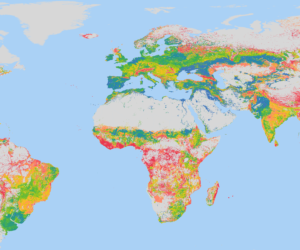
PLANGEA: Strategic Land Use Planning
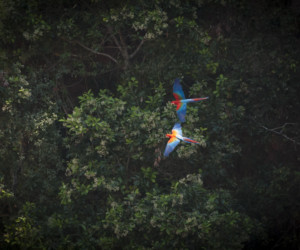
GEF Private Areas – Conserving biodiversity and rural landscapes
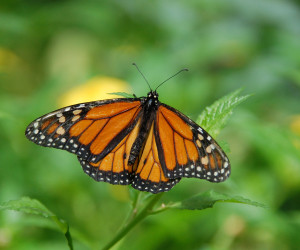
Biodiversity and Ecosystems’ Economy Study (TEEB) – Paraíba do Sul River Basin – Paulista Portion / São Paulo
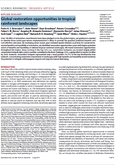
Global restoration opportunities in tropical rainforest landscapes
Biodiversity: honour guidelines that reconcile world views
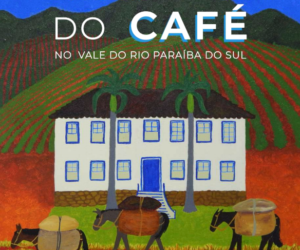
Ecosystem services availability after changes in the land use and vegetation coverage: the case of Paraíba do Sul river valley
Evaluating the impact of future actions in minimizing vegetation loss from land conversion in the Brazilian Cerrado under climate change
Nature Ecology & Evolution: Moment of truth for the Cerrado hotspot

30.09.19
IIS Introduce Restoration Project in South Africa´s Conference
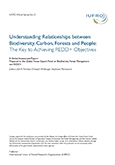
Understanding relationships between biodiversity, carbon, forests and people
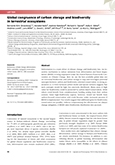
Global congruence of carbon storage and biodiversity in terrestrial ecosystems
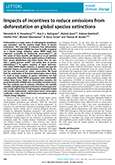
Impacts of incentives to avoid emissions from deforestation on global species extinctions
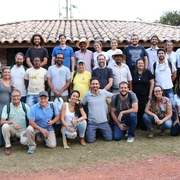
30.08.19
Meeting with institutions and local leaders of Pouso Alto´s APA – GEF Private Areas
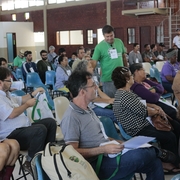
28.08.19
First Landowners Meeting of the São João River Basin Protected Area – GEF Private Areas Project

06.05.19
Bernardo Strassburg is interviewed by “Jornal Nacional” on the report of the Intergovernmental Platform for Scientific Policies on Biodiversity and Ecosystem Services (IPBES)
25.03.19
Algorithm helps in the restoration of the Atlantic Forest
08.01.19
Atlantic Forest: where it is worth to restore
30.12.18
Research help Atlantic Forest
19.12.18
Algorithm indicates the best places to restore the Atlantic Forest
19.12.18
Restoration with agriculture – New methodology indicates that reconciling recovery of the Atlantic Forest with interest of the farmer can reduce costs and increase benefits
18.12.18
Optimizing restoration can deliver an eightfold increase in cost-effectiveness
18.12.18
Brazil could save more species at half the cost with new forest restoration plan
17.12.18
Brazlian researcher presents novel approach to identify optimal priority areas for restoration in Atlantic Forest hotspot
17.12.18
Restoration where it pays off
12.12.18
Brazil conservation plan could save three times the species for half the money
07.12.18
Deforest to warm up, warm up to impoverish
22.10.18
Preserved forest worth more than deforested land, study says
14.10.18
The Cerrado is heading for the largest extinction of plants ever recorded in the world. According to Bernardo Strassburg, director of IIS, even if deforestation stops today, without restoration 657 sp
25.09.17
Final TEEB project presentation for the Secretariat for the Environment of the State of São Paulo
24.03.17
The G1 website has disseminated the study elaborated by CSRio, IIS and partners, which shows that in 30 years the Brazilian cerrado may have higher plant extinction in the world history
24.03.17
Bernardo Strassburg talks about the progress of deforestation in Cerrado in an article from Observatório Eco – Direito Ambiental.
09.09.16
Daniel Silva, from IIS, cooperates with the O Eco website report about livestock intensification
15.04.16
Centre for Conservation and Sustainability Science is inaugurated
10.01.16
Bernardo Strassburg and Agnieszka Latawiec talks to PUC-Rio TV about the importance of preserving the Cerrado biome.

24.10.15












